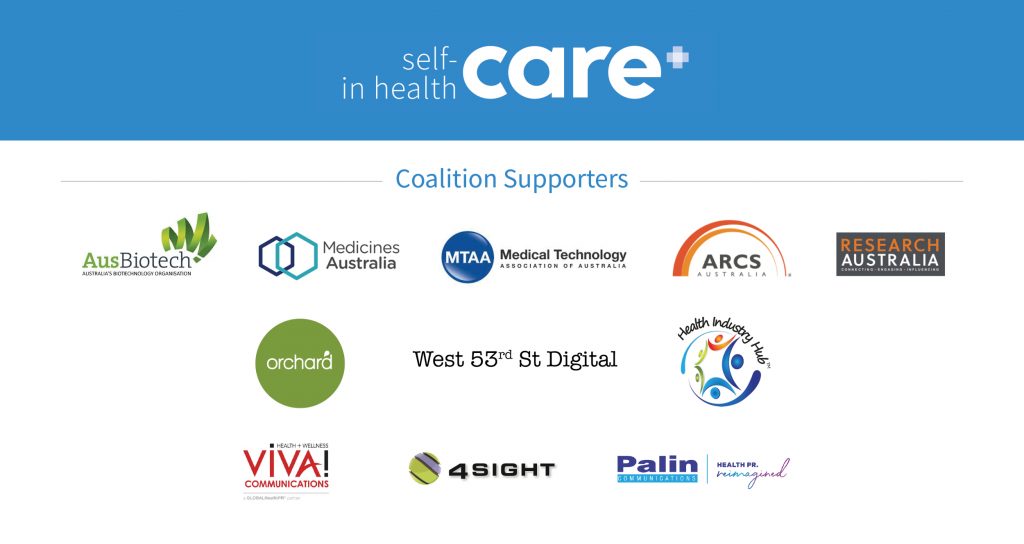News & Trends - MedTech & Diagnostics
Groundbreaking shift in the treatment of heart valve disease in Australia

All Australians with heart disease who are living with symptoms of severe aortic stenosis no longer face open heart surgery as the only treatment option, with public access to a less invasive therapy – previously reserved for only the sickest patients – now available to all Australians requiring treatment.
Traditionally older, sicker patients, only qualified for the Evolut™ Transcatheter Aortic Valve Implantation (TAVI) system. Now, younger and more active Australians with less severe forms of the disease can also receive it – a move anticipated to reduce risk of death, stroke and other cardiovascular events during the procedure and allow patients to leave hospital faster and recover sooner.
The therapy indication is one of the first in the country to go through the Therapeutic Goods Administration’s priority review pathway for approval of therapeutic goods as part of the MMDR (Medicine and Medical Devices Review) recommendations. This approval means that Australians are among the first in the world to benefit from greater access to this life-saving technology.
“The goal in treating any patient is to help them return to active living as quickly as possible,” said Assoc Prof Tony Walton, Deputy Director and Head of Catheter Laboratory, interventional cardiologist at Alfred Health, Melbourne and lead principal investigator in the Evolut Low Risk Trial in Australia. “The availability of this treatment for all Australians living with aortic stenosis is a very important development in helping to deliver this.
“To date we have seen good results with older, sicker patients, so the opportunity to return younger, more active patients – who we would consider at low-risk of complication during surgery – to good health more quickly is very exciting. We also expect to see improved heart function due to the system’s blood flow properties, helping many patients resume their pre-aortic stenosis activity.”
More than 50,000 Australians currently live with some form of severe aortic stenosis with 38% of this population previously unable to access the minimally invasive treatment. The expanded use of this therapy means an additional 20,000 Australians could now qualify.
According to Dr Walton, expanded access to the TAVI system for Australians signals a shift in the future treatment of heart valve disease as more patients will now have the option to receive a minimally invasive alternative to surgery.
“It is important that we expand access to a less invasive treatment option to all patients with heart valve disease regardless of their surgical risk,” he said. “I hope this means that more patients who may benefit, receive the treatment they need and we can decrease needless deaths from aortic stenosis in this country.
“While surgical valve replacement will still be an option for many patients, we anticipate TAVI to be accepted as an important valve replacement therapy in patients for whom it is an appropriate treatment option. Heart teams will have more freedom to choose the best aortic valve replacement procedure based on each patient’s individual characteristics.”
Aortic stenosis (AS) is the most common valvular disease worldwide. Severe aortic stenosis, occurs when the aortic valve becomes diseased (stenotic). The valve leaflets become stiff and thickened and have difficulty opening and closing, making the heart work harder to pump blood to the rest of the body and, therefore, impacting an individual’s daily activities. If left untreated, symptomatic patients with severe aortic stenosis could die from heart failure in as little as two years. In Australia, 100,000 people die from heart failure each year.
The expanded access of the Evolut TAVI platform in Australia means that severe aortic stenosis patients across all risk categories (extreme, high, intermediate and low), as well as patients with bicuspid aortic valve stenosis at all surgical risk levels – could now have access to the treatment.
“It’s also encouraging that we now have new labeling to address a large portion of bicuspid valve patients, too,” said Dr Walton. “Based on excellent data from the STS/ACC TVT Registry, bicuspid patients, will for the first time, be indicated for TAVI, which is another big win for patients and the future of the therapy.”
Bicuspid aortic valves are a congenital heart defect affecting 1-2 percent of the general population and is an abnormality of the aortic valve resulting in the patient having two functional valve leaflets instead of the more common three leaflets (tricuspid). Further, bicuspid aortic valve stenosis represents almost 2% percent of severe symptomatic aortic stenosis patient population in Australia.
The expanded low-risk indication approval is based on clinical data from the global, prospective, randomised, multi-centres Evolut Low Risk Trial, which evaluated three valve generations (CoreValve™, Evolut™ R and Evolut™ PRO valves) against surgical aortic valve replacement (SAVR) in more than 1,400 patients.
News & Trends - MedTech & Diagnostics

Bariatric surgery trumps Novo Nordisk’s Wegovy in cost-effectiveness and durability
MedTech & Diagnostics News: Bariatric surgery emerges as cost-effective, boasting superior and enduring weight loss outcomes over a five-year span […]
MoreNews & Trends - Pharmaceuticals

Aussie digital health company hits new milestone in AstraZeneca partnership
Pharma News: Fewer than 50% of asthma patients adhere to their prescribed preventative medications. An Australian digital health company has […]
MoreDigital & Innovation

Medical drone to reduce health equity gaps in rural and remote Australia
A specialised medical drone which increases accessibility to essential health services such as pathology, medicines, and telehealth services in rural […]
More

